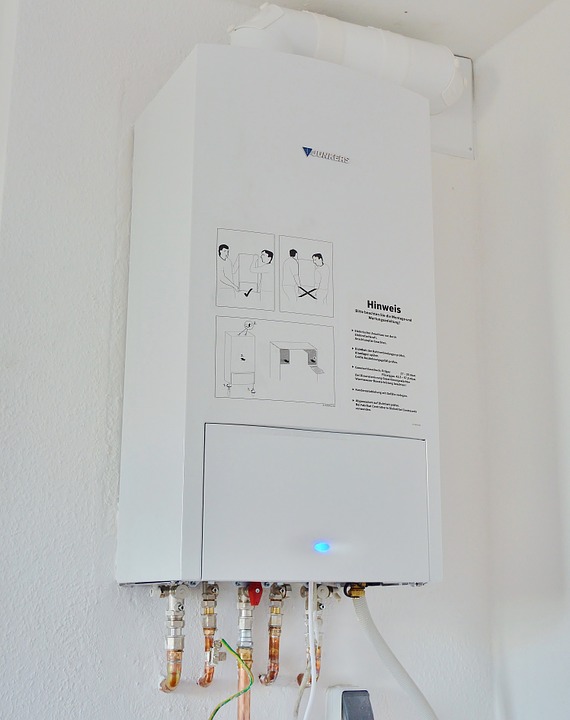Advertisement feature

Most people rarely pay attention to their water heaters until they stop working completely. This usually happens when you least expect it i.e. when you have guests visiting over the weekend. You and your guests are forced either to shower with cold water or boil water manually on the stove, which is very time-consuming when you have a large family.
Water heaters have an average lifespan of between 10 and 15 years. Therefore, if your system served you for several years, it’s a good idea to find out how much useful years, it has left by asking your plumber to take a look at it. If the condition isn’t good, consider a hot water system replacement before it stops working or starts leaking. It’s much better to replace an inefficient water heater than to continue paying high water and electricity bills due to leaking and high energy consumption. You should be able to recoup your money in just a few years if you purchase the right water heater for your needs.
We’ve compiled several tips to help you find the best hot water system for your home, so stick with us:
Know The Types Of Water Heaters Available
A good starting point when you want to buy a new water heater is to know the various types available in the market. Here are the most common types to consider:
Solar Water Heater – This type of heater has a collector mounted on the roof with tubes inside that circulates cold water. The sun’s rays captured by the collector heat the water, and when the water is warm enough, it returns to the storage tank for use. Solar heaters provide the greatest energy savings during summer when the weather is warm and sunny.
Storage Tank Water Heater – This type of heater comes with an insulated water tank. When cold water goes through the tank, it’s heated and stored at a set temperature until the water is needed for use.
Condensing Water Heater – This type of heater captures exhaust gases that usually go to waste and blows them through the coil at the base of its storage tank. Cold water that goes into the tank gets warm by absorbing this heat.
Hybrid (Heat Pump) Water Heater – This type of heater heats water in its storage tank through the heat it captures from ambient air. It’s more energy efficient than models that use electricity to heat water.
Tankless water heater – This type of water heater doesn’t have any tank for storing water. Instead, it’s equipped with heating coils that heat cold water to a set temperature, which is then piped ready for use. It’s suitable for people who use natural gas in their homes to heat water.
Consider Costs

Before deciding which unit to buy, also compare different models in terms of their annual operating costs, installation costs and selling price. It’s always much better to invest in an efficient and durable water heater with minimum operating costs that will serve you for a longer time than a cheap one that will break down often.
Warranty
Warranty is equally important when buying a new hot water heating unit. Some models come with a two year warranty while others have as high as 12 years of warranty. It’s better to go for the one with the longest warranty you can find to help you save money on repairs.
Know The Storage Size Your Require
Buy a unit with the right storage size that can provide enough hot water for your entire family. If you have no idea what size to choose, ask your appliance dealer to help you determine the right capacity based on your family size and the amount of hot water used in your home during peak hours.
Choose The Best Energy Source
Another important factor worth considering is the type of energy source a water heater uses, the cost of the energy as well as its availability in the area where you live. The most common energy sources used in hot water systems include natural gas, electricity, solar and propane. Remember that the type of fuel you choose will dictate the size of the heating system required, the amount of energy savings, as well as the yearly operating costs.
Select Energy-efficient Units
Lastly, if you want to save more energy and money in the long run, consider going for a unit with the highest energy efficiency. The efficiency of water heaters is measured by their energy factor (EF). Units with higher EF are usually more energy efficient.
Overall, buying a new water heater for your home is a huge investment; therefore, you need to get the best unit possible. Your decision shouldn’t be based on the selling price alone. Also, consider factors such as operating costs, approximate lifespan, storage capacity, warranty and type of fuel used. Take your time and compare all these factors across different models to help you select the best one for your needs.
